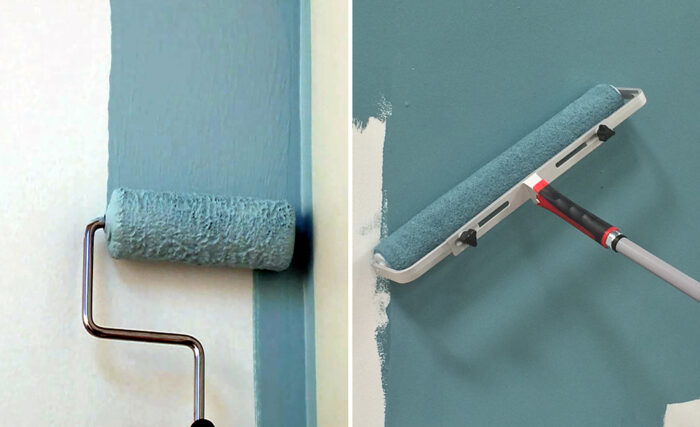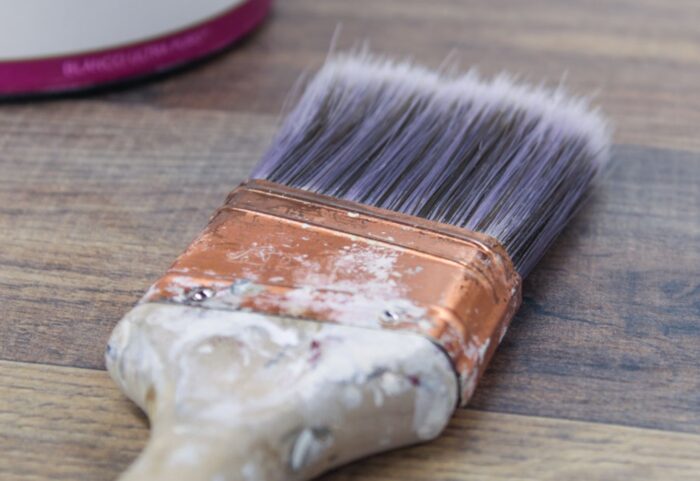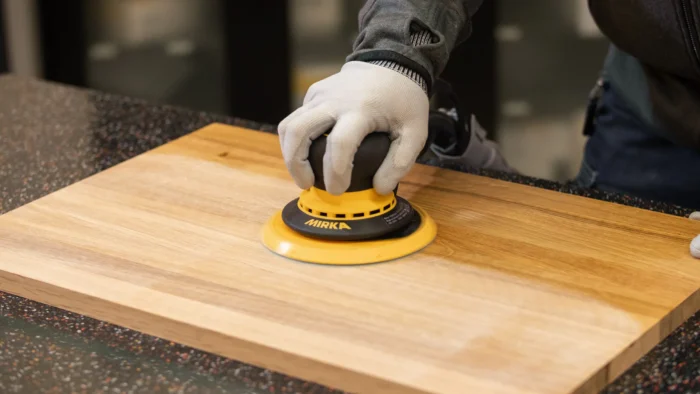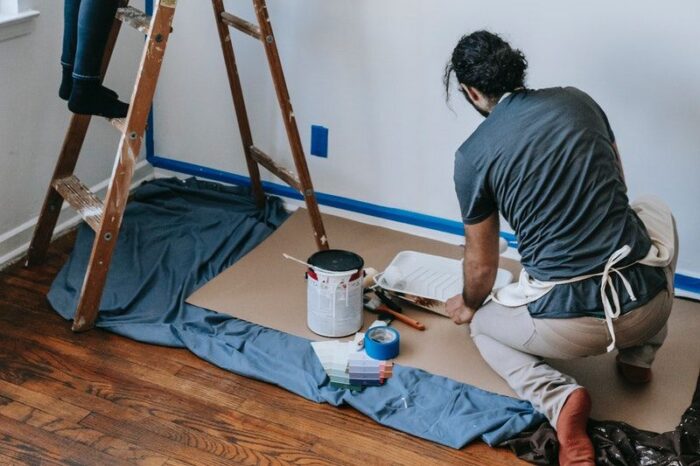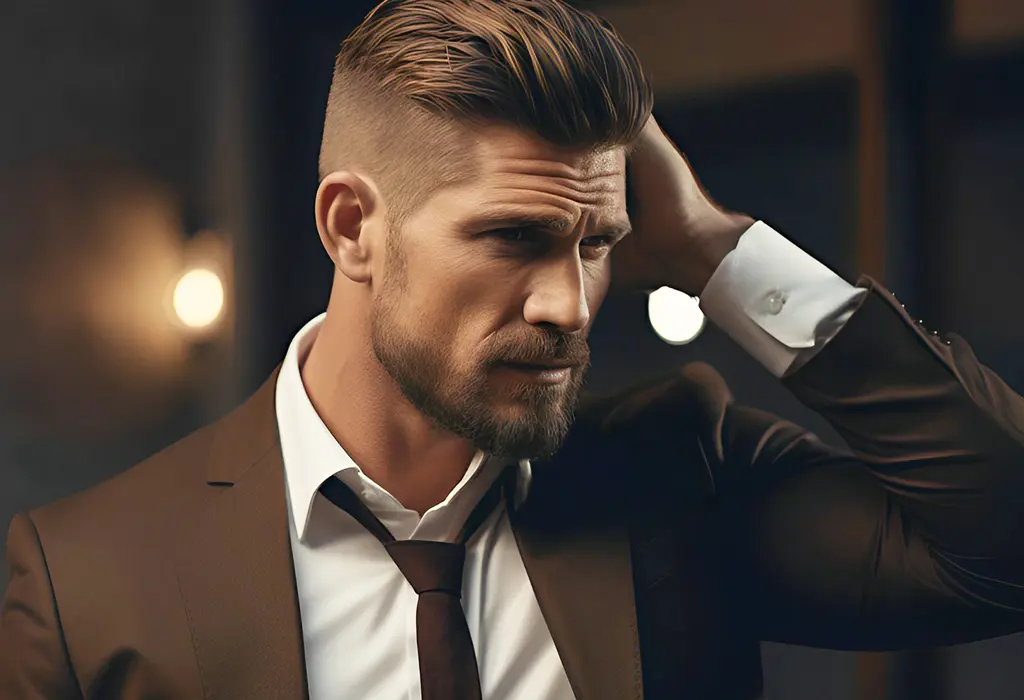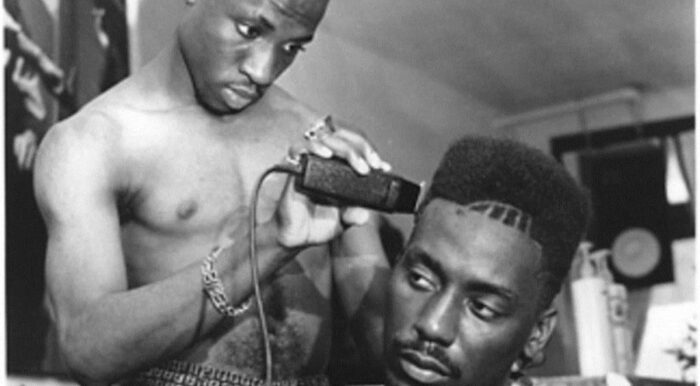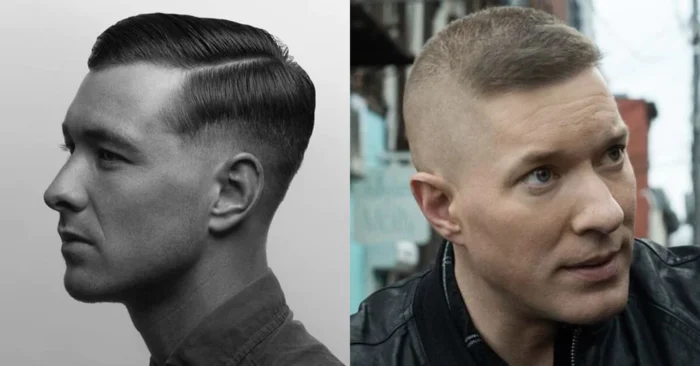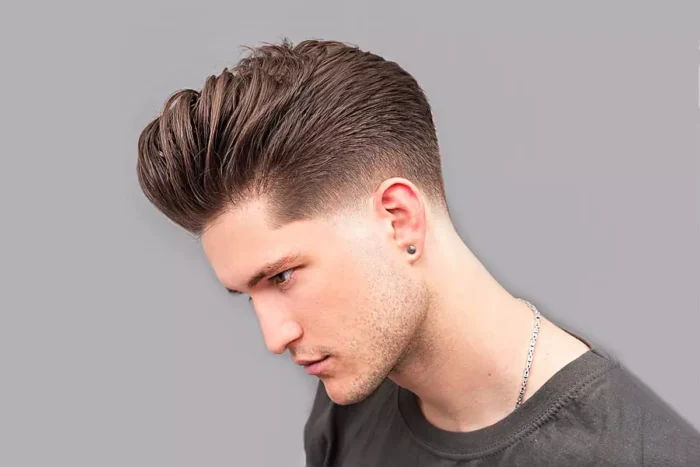Traveling can be an expensive endeavor, but with some savvy planning and smart spending, you can make the most of your travel budget. As a traveler, you want to get the best experience possible without breaking the bank. Follow these ten tips to stretch your dollars further so you can maximize your next adventure without having to sacrifice the enjoyment of your trip.
1. Set a Realistic Budget
Before you start planning any trip, it is important to take an honest look at what you can realistically afford to spend on your travels. Consider all potential costs like transportation, lodging, food, activities, sightseeing, shopping, and any other expenses that may come up. Be brutally realistic about the true costs involved based on research – don’t just assume you’ll figure it out when you get there. Do your due diligence to get an accurate idea of prices at your chosen destination during the time you plan to visit. Set a daily budget with a buffer for unexpected costs, and make sure you stick to it diligently once you’re actually traveling. Having a well-researched budget in place will force you to make choices and limit overspending that could derail your trip.
2. Use Credit Card Rewards
One smart way to maximize your travel funds is to take full advantage of credit card rewards programs to score free flights, hotel stays, and other money-saving travel perks. Sign up for a travel rewards credit card that offers a substantial sign-up bonus and robust ongoing mileage or point earnings for every dollar you spend. Charge as many expenses as possible on that card, then be sure to pay off the full balance promptly each month. Use the travel rewards you accrue to book flights, hotels, rental cars, tours, and more to cover parts of your trip essentially for free.
3. Travel During Off-Peak Times

Avoid traveling during peak tourist seasons, holidays, or major events when demand drives up prices substantially. For example, plan your dream Caribbean beach getaway for May instead of December when the weather is still warm and lovely but with far fewer tourists competing for rooms. Similarly, major cities and destinations around the world are often less crowded and more affordable in their off-season months when the weather may be a bit cooler but still pleasant. With thorough research, you can target “shoulder seasons” – the times just before or after peak season when the weather is still fine, but prices are lower across the board.
4. Use Sharing Economy Services
Instead of relying solely on expensive hotels for accommodations, consider booking a room, apartment, house, or even just a spare couch through services like Airbnb, VRBO, Couchsurfing, or HomeAway. You can often find very nice, affordable lodging options through these sites and apps for far less than typical hotel rates. The listings sometimes include extras like a kitchen, washer/dryer, or outdoor space that allow you to further limit your spending on things like dining out. Exploring alternative lodging options can let you live more like a local.
5. Take Public Transportation

Don’t waste precious travel funds unnecessarily on excessive amounts of taxis or rental cars when sightseeing. Use public transportation whenever possible – subways, buses, trains, trams, ferries, and more. Beyond the substantial savings, traveling by public transit allows you to conveniently experience destinations more like a true local. Buy multi-day travel or transit passes to maximize your discounts if you will be in a major city with a robust and extensive public transport network.
6. Stay in One Central Location
To minimize accommodation costs and transportation logistics, stay in one conveniently located place for the duration of your time in a destination instead of constantly switching hotels in different areas. Settle in comfortably so you have a chance to really get familiar with one local neighborhood, learn the area, discover cheaper markets and eateries, and reduce intra-city travel expenses. Many large cities have at least one ideally situated hotel or hostel near the central train/metro station that provides affordable rates and location.
7. Eat and Drink Affordably

Food and beverage costs can quickly inflate a travel budget if you aren’t careful. Try cheaper local restaurants, food stalls, and fast-casual options instead of relying on expensive hotel restaurants and upscale dining establishments. Look for accommodations that provide free breakfast to save even more on the first meal of the day. Scope out happy hour deals for discounted drinks and appetizers at certain bars or restaurants. Grocery shop and prepare simple meals in your lodging kitchen when possible. Avoid overpriced bottled beverages – take public transit instead of excessive taxis, drink free hotel lobby coffee over pricey cafes, and limit alcohol intake.
8. Look for Discounts and Deals
Don’t just automatically pay the full standard price for flights, hotels, tours, attractions, and more if you can find a deal. Search for coupon codes and promotional discounts before booking anything. Sign up for all applicable loyalty programs with airlines, hotels, rental car companies, tour providers, and more to earn points and status for future travel savings. Consider purchasing an international student ID, youth hostel membership, city tourist card, or other program that offers ways to save.
9. Balance Sightseeing with Free Activities

Paying for every activity, major attraction, museum, and guided tour can get very expensive. Offset some of those bigger costs by taking time to do free or budget-friendly things like visit free museums and galleries on certain days, go on self-guided walking tours of interesting neighborhoods, relax and people watch in public parks, explore street art around the city, or sample inexpensive local street food at food stalls and markets. Enjoying these types of low-cost activities will still provide rich cultural experiences.
10. Be Careful When Booking Flights
Finally, airfare often makes up a significant portion of any travel budget. Get the best possible flight deals by booking early if your plans are flexible, comparing fares across multiple days if specific dates aren’t required, and using flight search engines to find the cheapest days for your route. Consider flying budget airlines, though their extra fees can add up quickly. Use a website like Going to search for cheap flight deals. Sign up for fare alerts on search engines and act fast to book when you find a good price – don’t wait, or it may disappear.
With strategic planning and resourceful spending habits, you can make every travel dollar stretch much further.


